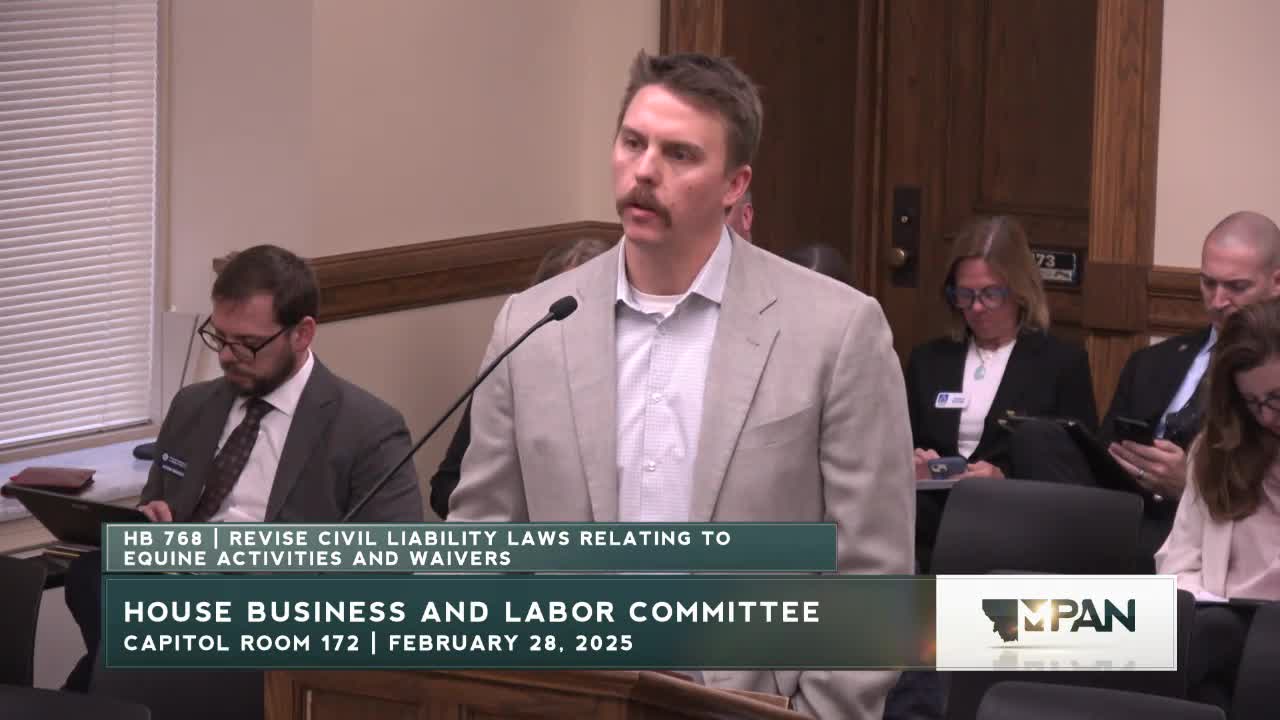Article not found
This article is no longer available. But don't worry—we've gathered other articles that discuss the same topic.
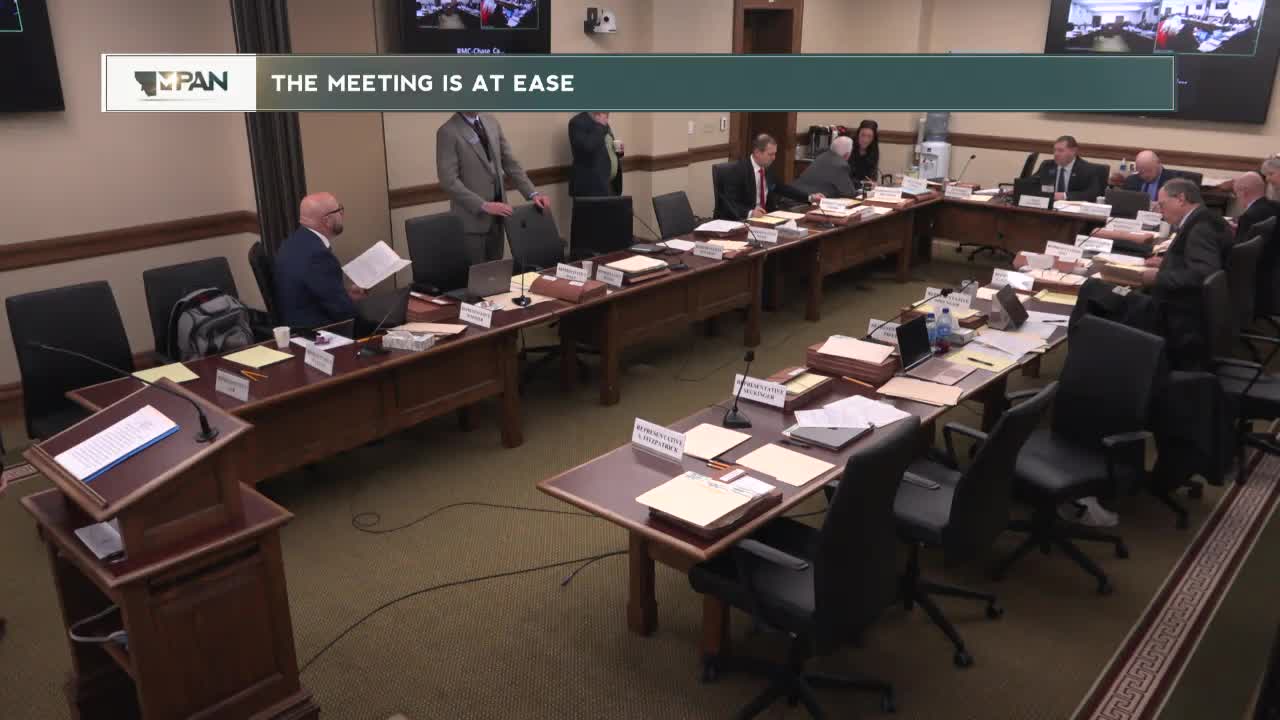
Bill to require insurance coverage for hearing aids for adults draws broad support; fiscal note contested
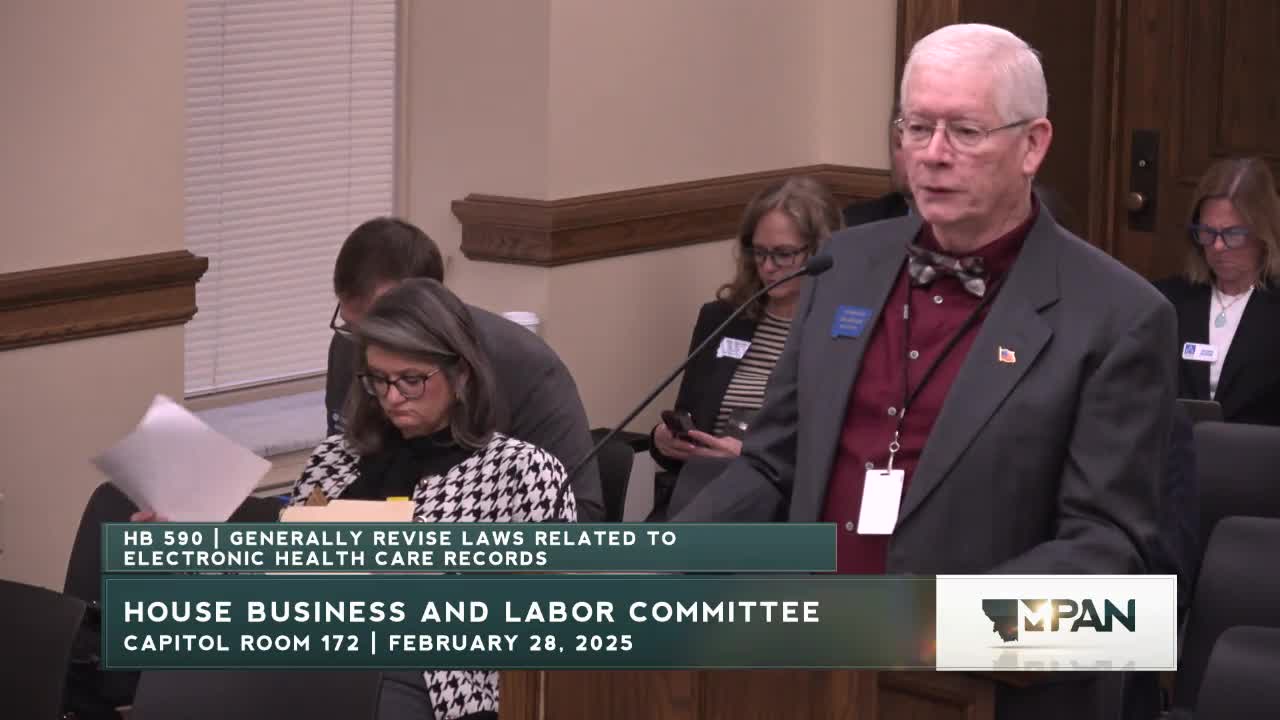
Committee hears and advances Montana Nurses Corps bill to expand in‑home nursing for low‑income and uninsured patients
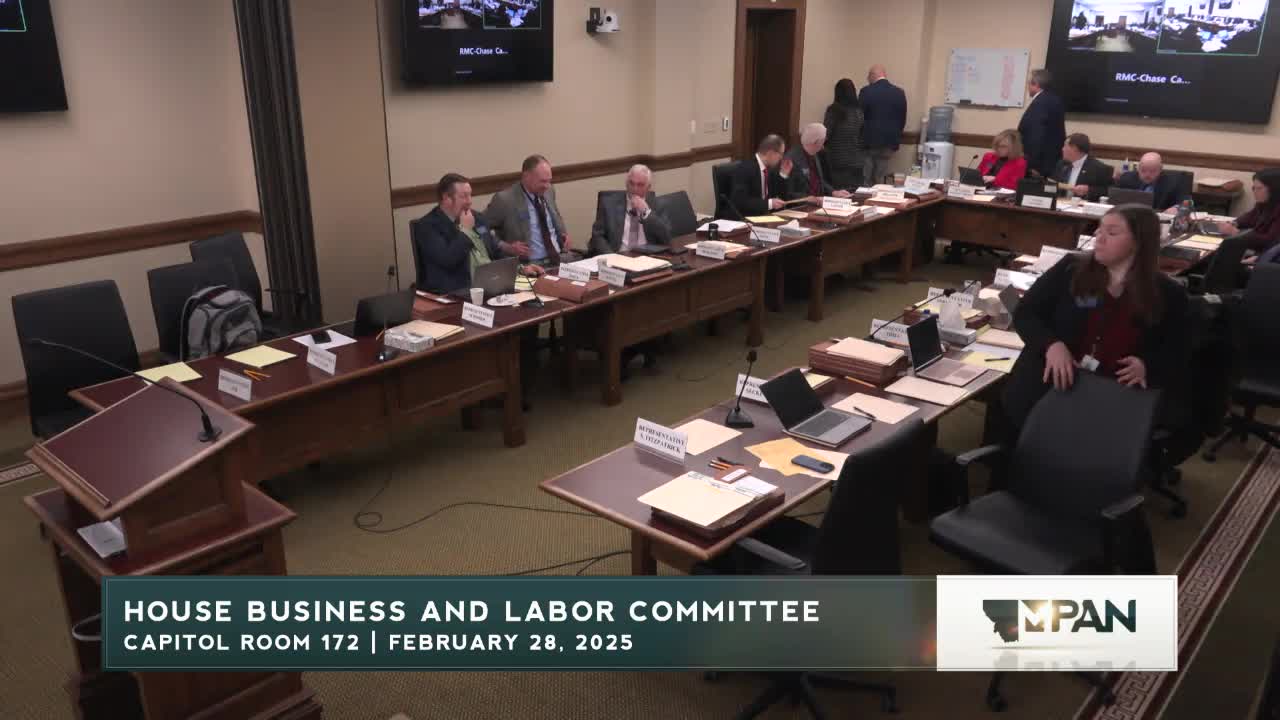
Lawmakers debate bill to require transparency and human review of AI used by health insurers
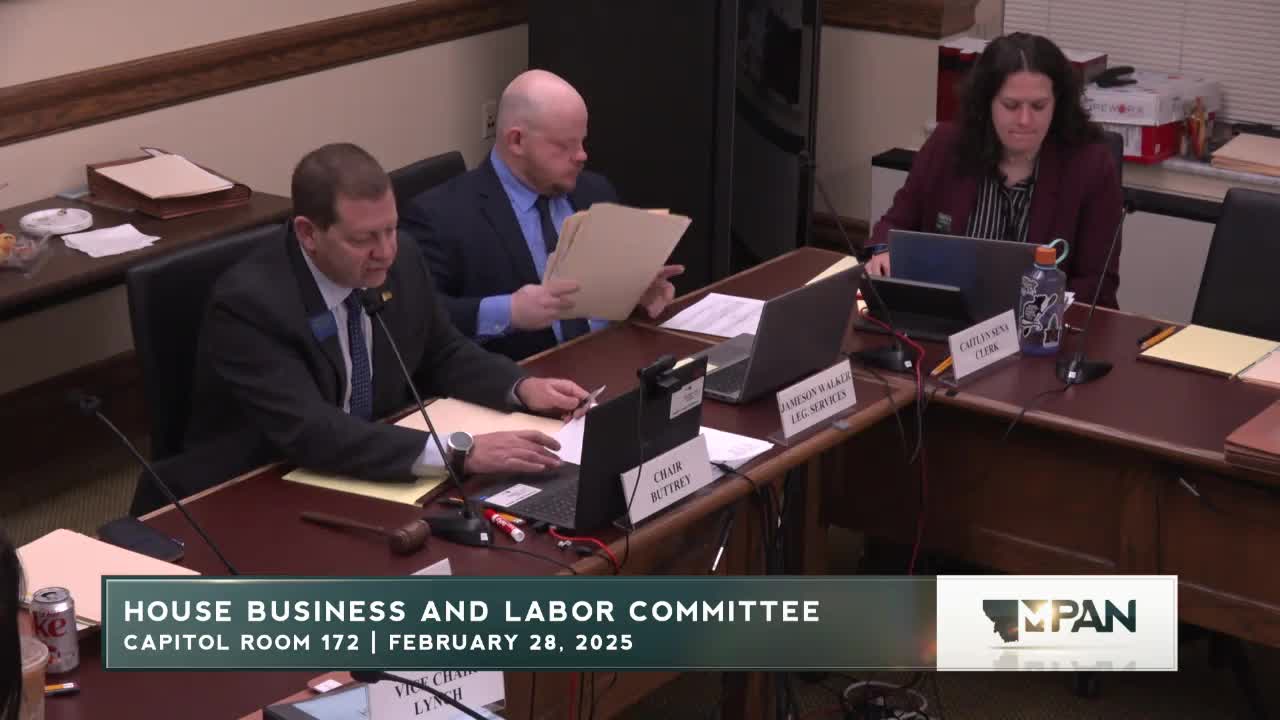
Committee hears bill to expand electronic health record APIs, adds 72-hour hold for sensitive results
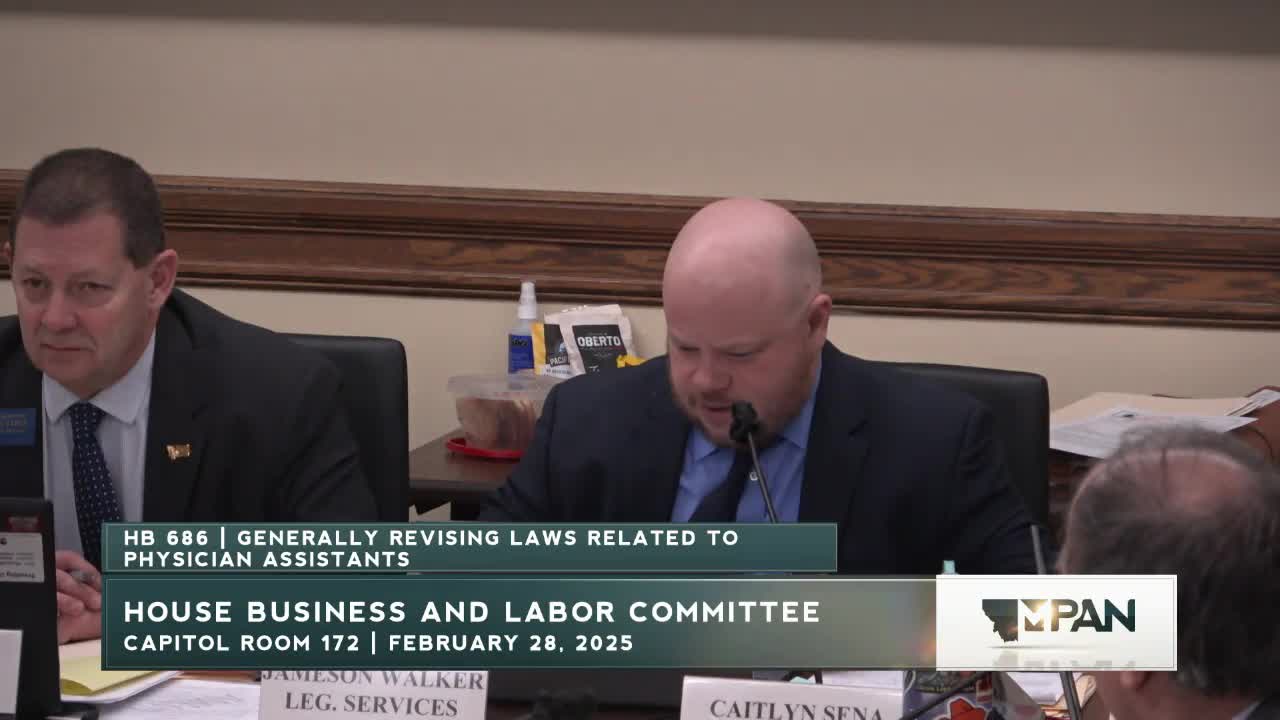
Votes at a glance: House Business & Labor committee actions (selected bills)
